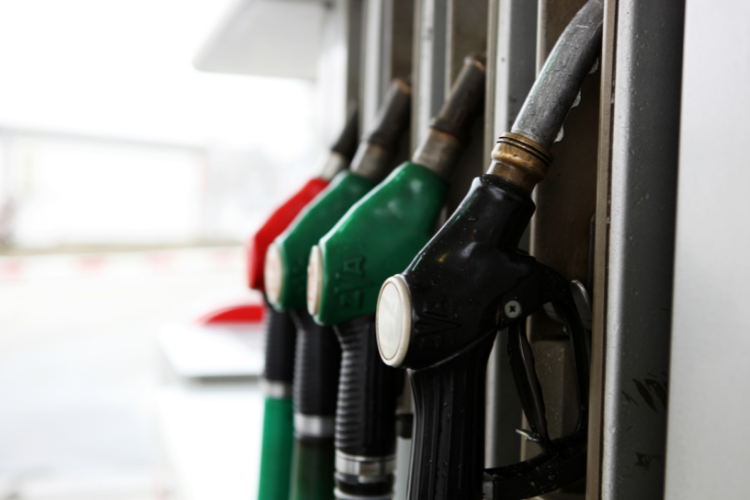


In a conference call on Monday morning, the government adopted a decree setting the highest retail and wholesale prices for petroleum products and a decree amending the decree on excise taxes on energy products and electricity, under which the highest retail price of petroleum products will remain the same as in the last two weeks.
At off-motorway filling stations, the price of basic Eurodiesel will remain HRK 13.08 and the price of basic petrol Eurosuper 95 HRK 13.50 per litre. The price of blue-dyed diesel is capped at HRK 9.45 per litre.
The purpose of all the measures taken by the government is to preserve the citizens' living standards, the security of energy supply and revenues during the tourist season, the government said in a statement.
Wholesale prices are fixed so that, with all payable dues, they do not exceed the highest prices set for retail selling points off the motorways.
The latest decision will also protect small distributors of petroleum products.
Ina will help small distributors
Economy Minister Davor Filipović said on Monday that the wholesale price of fuel would be restricted for the next two weeks so that major oil market stakeholders, including Ina, would bear the brunt compared to small companies, which had done well in previous years.
He underscored that the government aimed to protect citizens and help the economy, so fuel prices at off-motorway filling stations would be the same as in the past two weeks, namely HRK 13.08 for diesel and HRK 13.50 for Eurosuper 95 petrol. He added that fuel prices at motorway filling stations would be reduced to HRK 13.83 for petrol and HRK 14.28 for diesel.
Filipović said that under the latest government decision, the wholesale price would be limited for the next two weeks so that the most significant stakeholders in the oil market could bear most of the burden compared to small distributors.
"We have been continually communicating with retailers. In the past two weeks Ina did not increase its wholesale price, and small distributors on the most part sold their own stocks. Therefore, we can say that in the past two weeks they did not earn as much as they had planned," said Filipović, adding that in the next two weeks, INA would take on most of the burden and would not increase its prices for retailers to make it easier for them to operate.
He said that there were 40 small oil distributors and that in 2021 they generated total sales revenue of almost HRK 3.5 billion, and a profit of HRK 133 million. They operated equally successfully in 2020, the minister said. All of that should be taken into account and it is necessary to take a look at the bigger picture because we are in a delicate situation, Filipović said, adding that without the government's intervention, the price of diesel would be more than HRK 16.
Asked what the Prime Minister referred to when he mentioned tax scissors for profiteers, Filipović said that the government was considering all options and monitoring the situation and would act in the interest of citizens and the economy when it assessed it to be appropriate.
When asked if small distributors were unjustly complaining, he underscored that the aim was to limit wholesale prices. The situation is difficult for everyone, small distributors are not accustomed to it because their business has been successful in the past, he said.
"These past two weeks and the next two weeks will certainly not be easy for them, but I believe that we will all successfully overcome this situation together," the minister emphasised.
Text: Hina